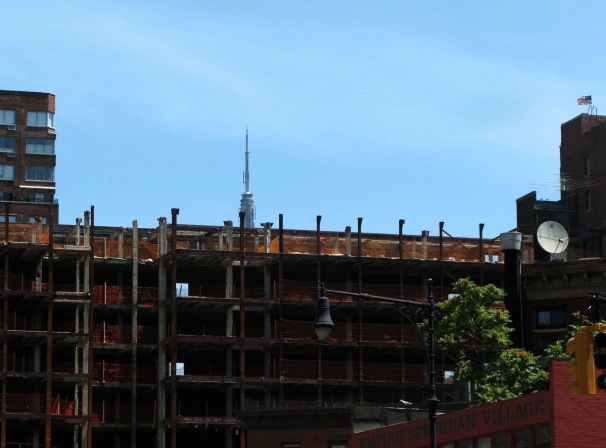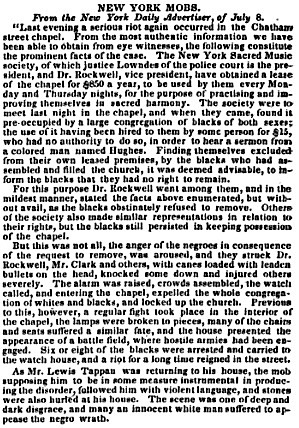Choral Music on the Radio
I just heard about a new choral radio program, Re-Choired Listening, and I thought I’d post a list of all the choral radio programs I know about. If you know of a program that I’ve missed please let me know and I will add them. These are in no particular order!
Choral Arts Classics is hosted by Tom Hall, who is the Director of the Baltimore Choral Arts Society, and it airs at 9pm on the last Tuesday of each month between September and April.
The Choral Tradition is hosted by Curt Snook on Iowa Public Radio and it airs Sundays from 7 a.m. to 8 a.m. and 5 p.m. to 6 p.m.
Re-Choired Listening with Saint Louis Chamber Chorus’s artistic director Philip Barnes
KIHT, Wednesdays, 7 pm, also on their HD2 channel 96.3.
Great Sacred Music, Sundays from 8 to 11 am EST with Rob Kennedy on WCPE.
Choral Mix with choral conductor, professor and organist Kent Tritle
WQXR, Sundays, 7am and 11am.
Choral Initiative/ A 24/7 choral stream
Minnesota Public Radio.
Choral Showcase programmed by Classical WETA Music Director David Ginder
WETA, Sundays, 9pm. They also have an online station called Viva la Voce.
The Sacred Concert with director of the American Bach Soloists Jeffrey Thomas
KDFC, Sundays, 7 – 9am.
Choral Showcase with classical musician Theresa Woody
WDAV, Saturdays at 5:00 p.m.
Inspired Voices with Lexington Bach Choir bass Rick Dirksen
WEKU, Sundays at noon, repeated at 8:00 pm on WKYL.
The Choral Channel in partnership with Chorus America
This is a 24 hour online stream.
Sounds Choral, hosted by Marjorie Herman, on WWFM, the Classical Network, can be heard a number of ways, outlined here.
———
The Empire State Building peeking up behind the wreckage of the former St. Vincent’s hospital at 11th Street and 7th Avenue.






